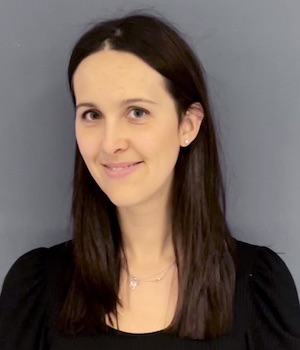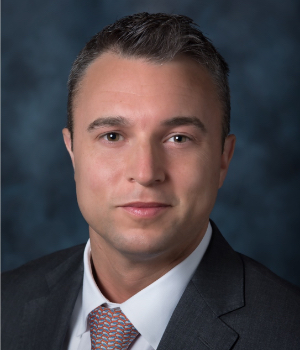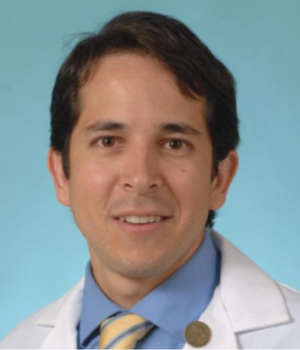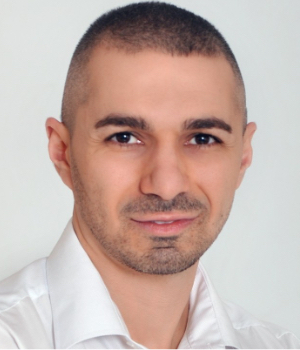RESEARCH SCHOLAR AWARDS
The AGA–Gastric Cancer Foundation Ben Feinstein Memorial Research Scholar Award in Gastric Cancer provides outstanding young researchers three-year grants of $100,000 per year to conduct innovative gastric cancer studies. These awards enable scholars to build portfolios of work that prepare them to be competitive in seeking continued funding through larger grants.
About the Research Scholar Award
The scarcity of funding for gastric cancer research discourages talented early-career investigators from focusing on this cancer type. Foundation leaders recognized this need and partnered with the American Gastroenterological Association to create a permanent Research Scholar Award. The endowed award ensures continuous and strategic investment in promising young investigators and their work to discover better diagnostics, treatments and a cure for gastric cancer.
Meet Our Scholars
2023-2025

MARTINA MOLGORA, PhD
Washington University School of Medicine
Impact of TREM2 on Gastric Cancer
“It’s important to find new therapies for gastric cancer, and I believe TREM2 might be a promising therapeutic target … TREM2 has been studied extensively in neurodegenerative diseases, but it wasn’t thought to be significant in cancer until next-generation cell-sequencing technologies revealed a possible role for the receptor in tumor growth a few years ago”
2020-2022

SAMUEL J. KLEMPNER, MD
Harvard Medical School and Massachusetts General Hospital
Deep Characterization of Gastric Ascites to Inform Peritoneal Therapies
“One of the biggest knowledge gaps in gastric cancer is the peritoneum. This funding will allow us to generate preliminary data and take it to the next step, potentially identifying new therapeutic vulnerabilities to exploit in the mission to help improve the prognosis for patients with metastatic gastric cancer.”
2017-2019

JOSE SAENZ, MD, PHD
Washington University School of Medicine
Alterations in the Gastric Landscape and the Effects of Helicobacter pylori Pathogenesis
“I would like to see my research lend insight into better understanding how Helicobacter pylori adapt to the stomach environment. We need to fundamentally explore these early interactions if we want to be able to identify high-risk patients and improve gastric cancer mortality, which is unacceptably high in the United States—and worldwide.”
2014-2016

MOHAMAD EL-ZAATARI, PHD
University of Michigan
Role of Myeloid Cells in the Transition from Chronic Inflammation to Gastric Pre-neoplasia
“Many gastric cancers start off with immune cells attacking our own ‘self’ cells”. This “autoimmune” process by B cells had not been previously considered to play a part in gastric cancer. We are investigating this further, so we can understand the exact role of B cells, because they clearly play a role.”
Prospective Applicants
Eligibility requirements and applications guidelines are available at gastro.org.
Accelerating Research Toward a Cure
Ongoing research by talented young investigators is making critical inroads to understanding the disease better and improving patient treatments while working to prevent or develop a cure for stomach cancer.
